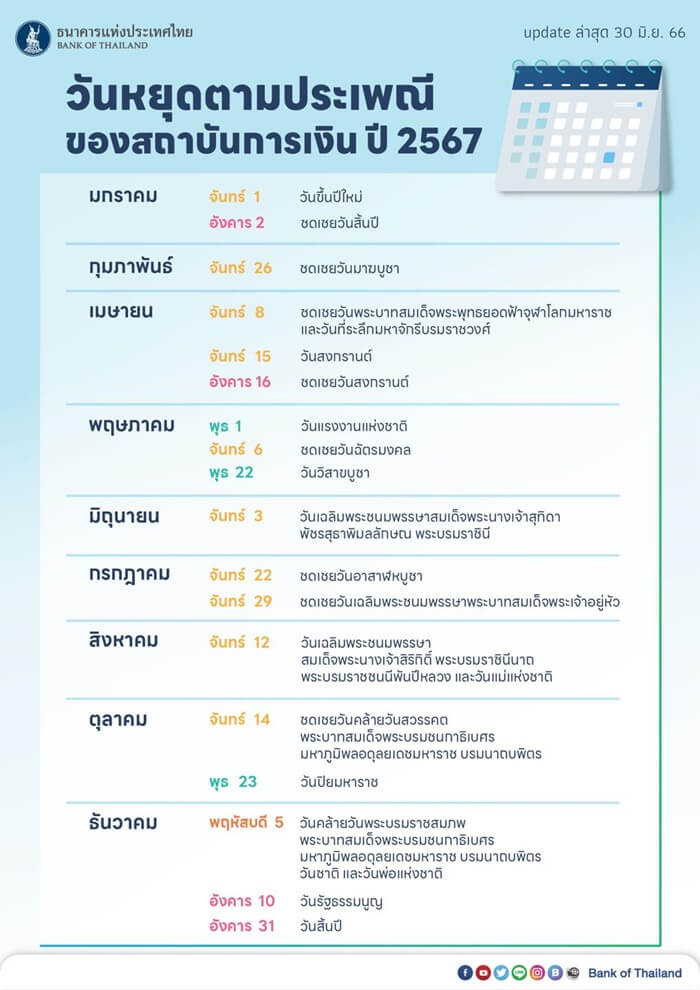ป้ายกำกับ: Religious Practices
Unlocking the Mysteries: A Guide to Understanding Religious Practices Around the World
Have you ever wondered about the different ways people practice their faith? From ancient traditions to modern interpretations, religious practices are a fascinating tapestry woven throughout history and cultures.
This guide will take you on a journey to explore the diverse world of religious practices. We’ll break down the key elements, discuss their significance, and uncover the stories behind these meaningful expressions of faith.
Why are Religious Practices Important?
Religious practices are like a bridge connecting people to their beliefs. They help us:
- Connect with a higher power: Whether it’s through prayer, meditation, or rituals, religious practices allow individuals to connect with a divine being or force.
- Find meaning and purpose: Religious practices provide a framework for understanding life’s big questions and finding meaning in our existence.
- Build community: Sharing beliefs and rituals fosters a sense of belonging and strengthens relationships within a community of faith.
- Develop personal growth: Religious practices often encourage moral and ethical development, leading to personal growth and self-reflection.
Exploring Different Religious Practices:
Religious practices are as diverse as the faiths they represent. Here are some examples:
1. Prayer and Meditation:
- Prayer: A form of communication with a divine being, involving supplication, praise, or confession.
- Meditation: A practice focusing on mental discipline, mindfulness, and achieving a state of inner peace.
2. Rituals and Ceremonies:
- Rituals: A set of actions performed in a specific order, often with symbolic meaning. Examples include baptism, communion, and pilgrimage.
- Ceremonies: Formal events that mark significant life events, such as weddings, funerals, and festivals.
3. Sacred Texts and Scriptures:
Many religions have sacred texts that provide guidance, teachings, and stories. These texts are often considered to be inspired by a divine being and serve as a source of authority and wisdom.
4. Festivals and Holy Days:
Religions celebrate specific days or periods with festivals and holy days that commemorate important events, honor deities, or mark the beginning of a new cycle.
5. Ethical Codes and Moral Principles:
Most religions have ethical codes and moral principles that guide their followers’ behavior. These principles often focus on compassion, justice, and the sanctity of life.
Understanding Different Perspectives:
It’s important to remember that religious practices can vary greatly depending on the individual’s beliefs, interpretation, and cultural context. Respecting diverse perspectives and engaging in respectful dialogue is key to fostering understanding and appreciation for different faiths.
Beyond the Basics:
This guide has only scratched the surface of the vast world of religious practices. For a deeper understanding, consider exploring specific religions, researching their historical roots, and engaging with practitioners. You can also delve into the philosophical and theological aspects of various faith traditions.
Remember, exploring religious practices is an opportunity to expand your knowledge, broaden your horizons, and appreciate the richness and diversity of human belief systems.
Secondary Keywords:
Religious Practices, Religious Beliefs, Faith Traditions, Cultural Practices, Spiritual Practices, Rituals and Ceremonies, Religious Festivals

